Google Search is shooting itself in the foot with sponsored ads
Just because Google has a monopoly doesn't mean it should squander its good will with consumers.
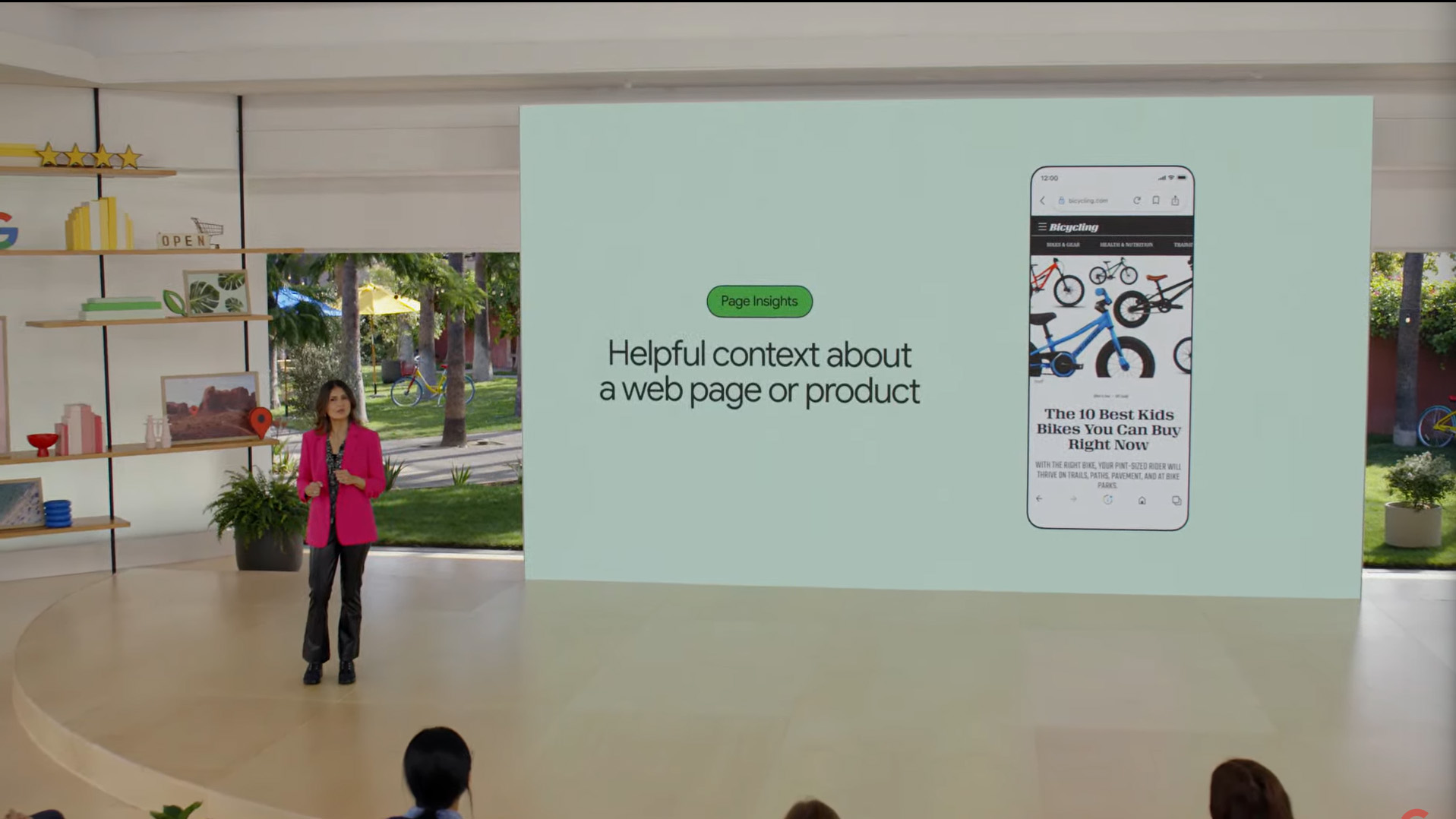
Get the latest news from Android Central, your trusted companion in the world of Android
You are now subscribed
Your newsletter sign-up was successful
After spending most of 2022 embroiled in legal battles, Google Search had a much smaller controversy this February when sci-fi author Cory Doctorow called out the company for its misleading sponsored ads. But in the era of ChatGPT and TikTok, his complaint could be an ominous sign for Google's dominance as an information source.
Does that sound absurd? Google's monopoly won't be hurt by one person's tweets or Microsoft's terribly inaccurate chatbot, you might think. But it's less about Doctorow's thread and more about how Google has squandered its position of power.
Gen Z relies more on TikTok and Instagram to search for information than it does Google, which is somewhat notorious for its SEO-rigged results that may or may not answer your question, along with useless sponsored ads. Even if the U.S. bans TikTok, the principle remains that plenty of people have lost trust in Big Search.
Why? As Doctorow elaborated in a Locus Mag editorial, Google (and other tech brands) are "shifting value away from its users to its shareholders...The volume of 'sponsored posts' that enshittify your feed is titrated to be just below the threshold where the service becomes useless to you."
The problem with Google's sponsored ads
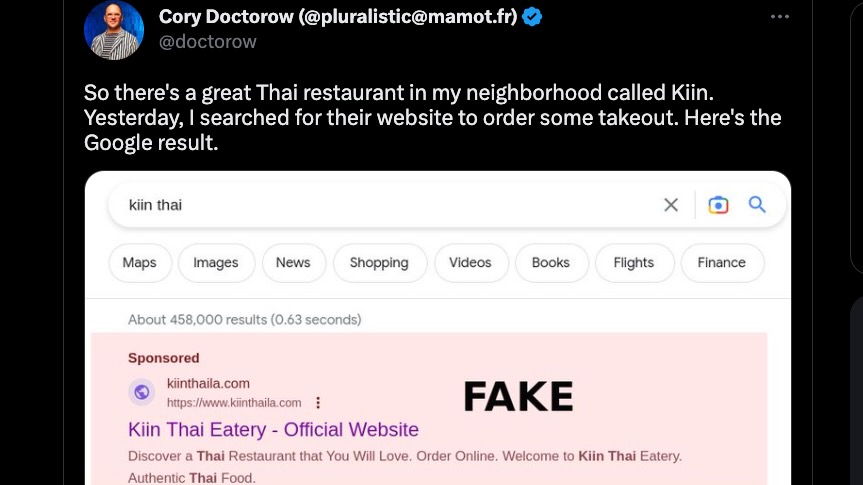
To summarize Doctorow's complaint, Google sponsors results for third-party sites that purport themselves as the businesses you're searching for, misleading you into giving money and financial info to what you thought was the official company.
Google took down the site Doctorow highlighted after 72 hours, solely due to the negative attention. Otherwise, it's quite common for sponsored results to serve as a middleman and charge you extra. Whether it's out of negligence or because Google sees little harm in the practice — it's the core business tenet of every major storefront or food service app today to facilitate and control the flow of customers to smaller businesses as a "service" — the brand isn't likely to change its ways.
"If Google deeply vetted every advertiser for every campaign those campaigns would take a lot longer and be more cumbersome to set up," says Anshel Sag, senior analyst at Moor Insights & Strategy. "Thus it seems to take a more reactive approach rather than a proactive one."
Get the latest news from Android Central, your trusted companion in the world of Android
As for the advertising side, Richard Lachman, an associate professor at Toronto Metropolitan University's RTA School of Media, told me that we're seeing "much more sophistication on the part of ad content-creators, which, of course, can only be supercharged by generative AI (for text or graphics or targeting)."
Fake websites backed by sponsored campaigns will only become more pervasive, in other words. And while most people avoid sponsored links out of habit, Google has tried to make these links blend into "real" results in recent years, only succumbing to pressure to label them as "Sponsored" more clearly last October.
Google doesn't want its customers to get scammed, per se. But it does desperately want you to click its ads, because that's how it keeps shareholders satisfied and pays for your Pixel hardware. If people aren't clicking ads, Google will do its damnedest to make them more enticing in the future.
Can anything disrupt Google Search's monopoly?
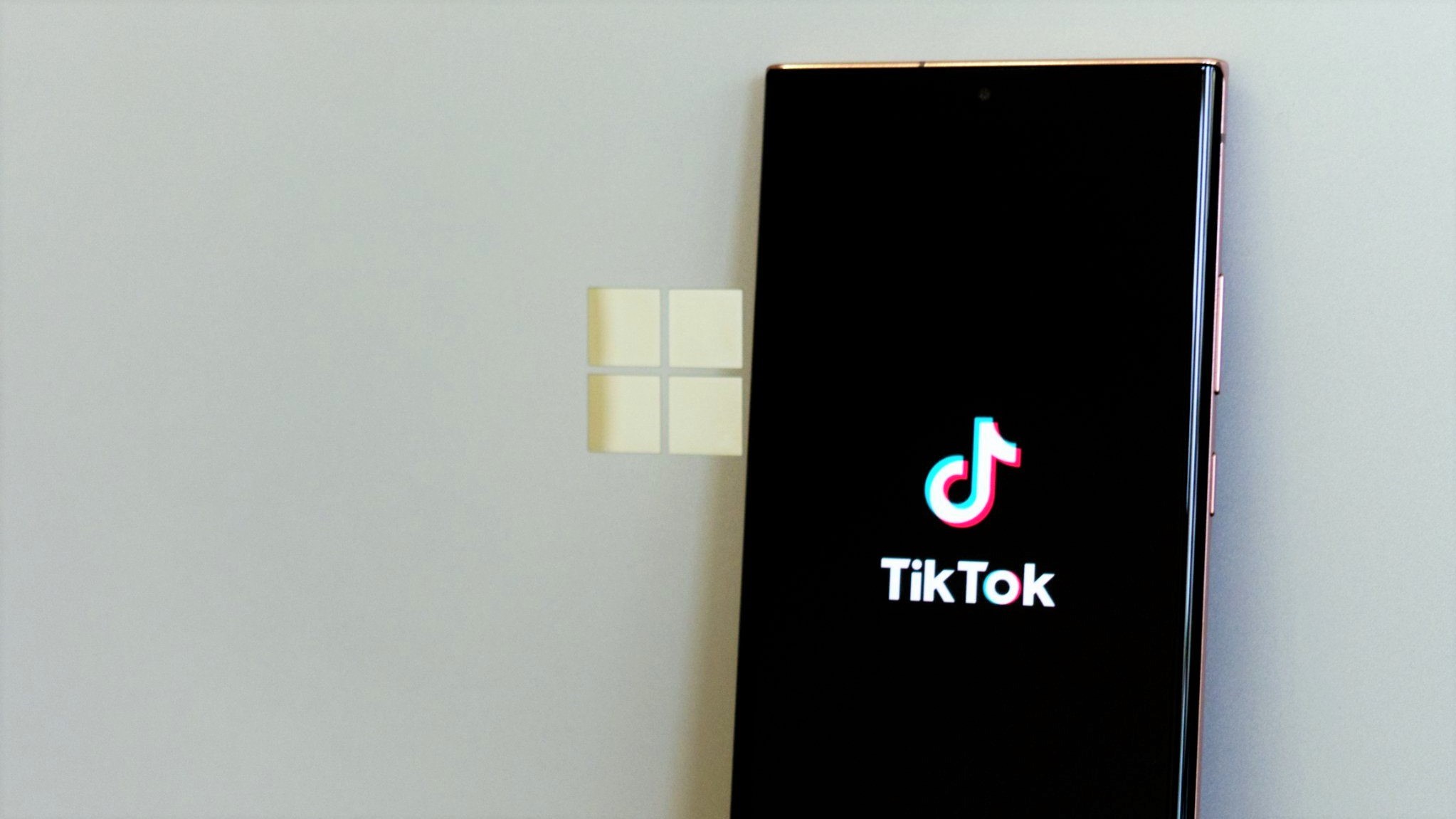
In the past year, a DOJ lawsuit alleged that Google has "used anticompetitive, exclusionary, and unlawful means" to maintain its digital ad dominance; the UK Competition and Markets Authority investigated its monopoly; and a bipartisan group of U.S. senators proposed the Competition and Transparency in Digital Advertising Act to tackle the issue.
Thus far, none of these initiatives have led to anything concrete. Google will likely remain in a perpetual battle with governments to retain its digital business, and it has told us in the past that it has "no plans to sell or exit this business."
Barring governments actually managing to get the best of Google's robust legal team, many experts see three worrying signs on the horizon: Apple Search, the Gen Z exodus, and AI-backed search.
Apple will debut its own Search engine in the near future, passing up tens of billions of dollars from Google per year to get its own cut of digital advertising and referral revenue. Google can use this development to "prove" it doesn't have a monopoly anymore, but losing access to 1.5 billion mobile devices will hurt, even with Android phones to fall back on.
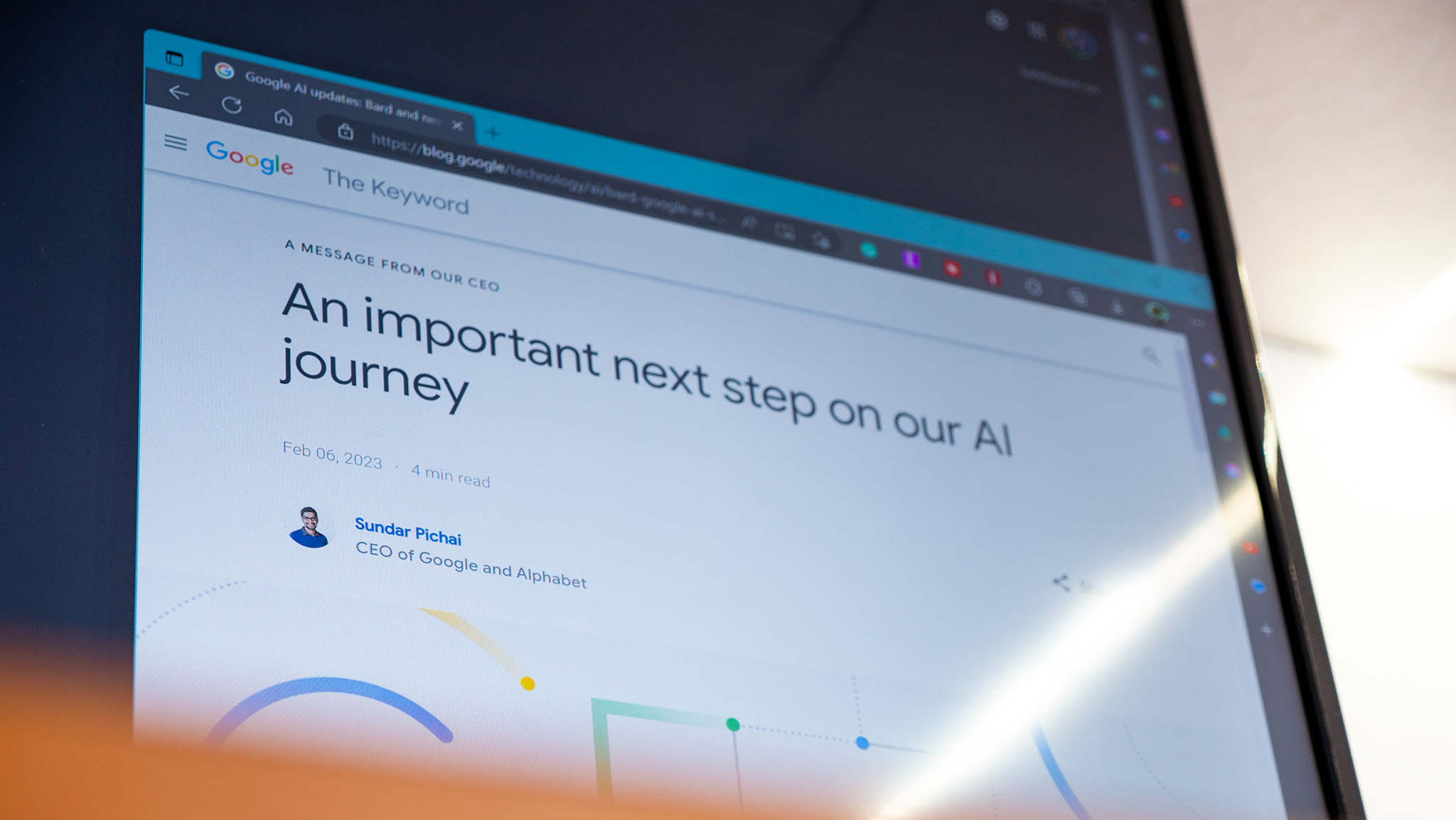
Then you have Google flubbing the timing with its Bard AI, making it look like a rushed and inferior option to Microsoft's ChatGPT. That itself is no genius AI, with plenty of mistakes to its name, but it's given Bing an unexpected shot in the arm.
To be clear, Lachman says, ChatGPT's "virality of the moment, capitalizing on publicity," does not signal it has "real ready-for-primetime software" that consumers will trust beyond the novelty. But it is clear that AI is here to stay, which could mean an influx of SEO-optimized, inaccurate results across search engines.
That'll likely only intensify the feeling of distrust that young people have for Google Search and other platforms, compared to social media video recs that come from "real people." And so Google will need to target an "entirely different medium with a different way of driving content and advertising," as Sag described it, at a time when there is a "significant decrease in ad spending" that's hurting Alphabet's bottom line.
Google wants its cut of the TikTok market, and it's pushing YouTube Shorts revenue sharing as a way to attract more talent and influencers to its platform. But Forbes broke down why so many creators are hesitant to swap from TikTok to Shorts due to the latter's technical shortcomings. Shorts get billions of clicks a day, but their cultural impact is still a work in progress.
None of this will shake Google's dominance in the short term, or likely even the long term. But as Professor Lachman put it, even "a percentage-point or two of shift" is "not insignificant in such a big market," and could encourage Google to push "stronger investment and inventiveness" to stave off its rivals.
Whatever innovations Google comes up with to stay relevant, though, ditching sponsored ads won't be one of them.
Are iffy Google ads the new normal?
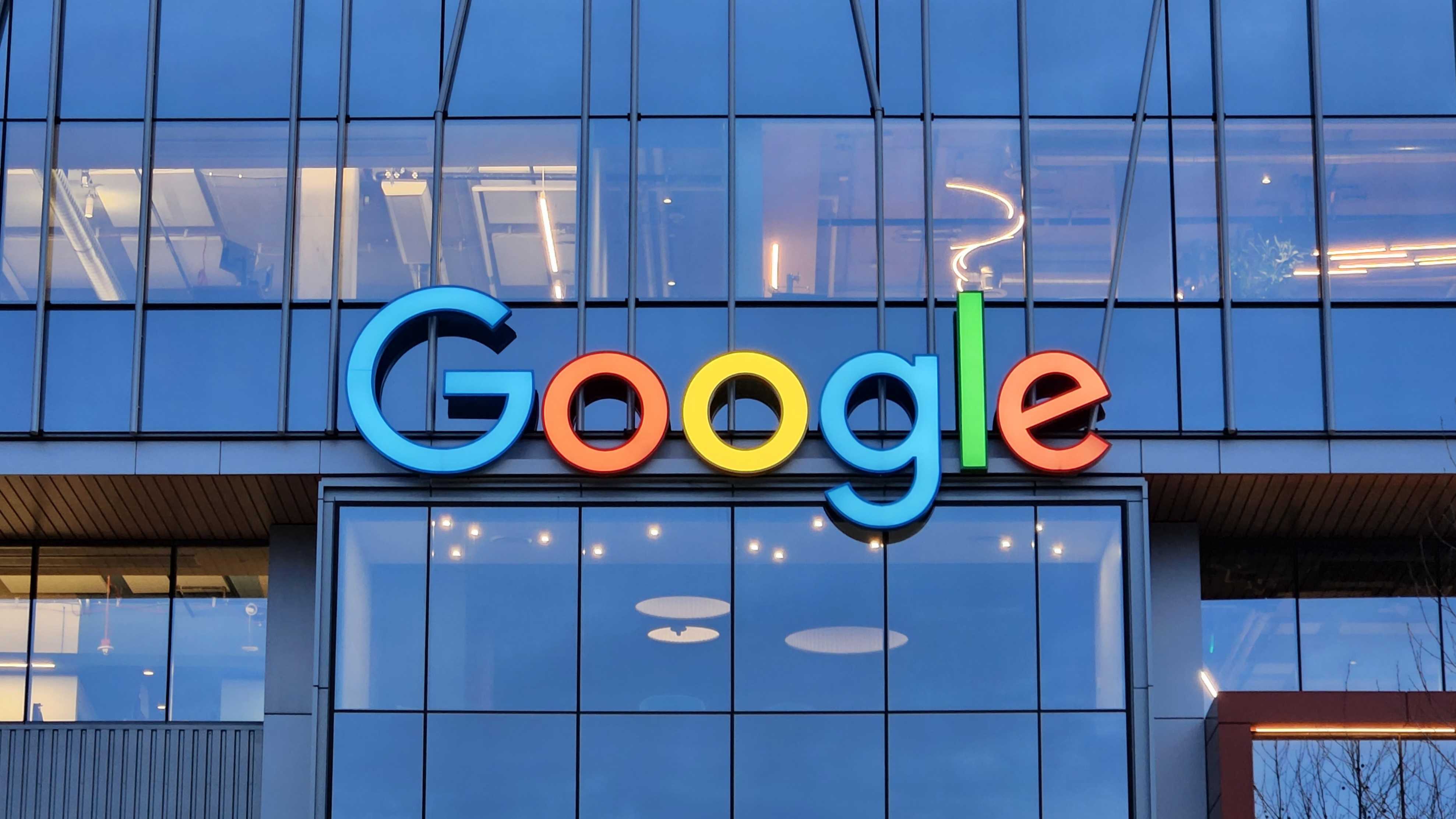
All of Google's legal troubles stem from its digital ads business in general, not its sponsored ads. Large-scale monopolies are easier for government watchdogs to spot and police than widespread fraud because the latter spreads across smaller, isolated incidents. And Google won't be held liable for third-party advertising fraud unless someone can prove it's willfully colluding with its partners to scam people, which isn't the case here.
Lachman blames the issue on automation, noting that it's "quite profitable" for Google to hand off moderation and ad verification to automated systems. Encouraging Google to be more responsible with its ads would "require legislation across many jurisdictions (the U.S. as well as the EU, for example), to push such changes."
Sag stressed that "platforms like Google should be held accountable for fraudulent ads if they don't respond to them quickly enough," but that it's more likely that Google and ad agencies will self-police "rather than have Congress get involved in regulating how they can advertise."
Until then, the less tech-savvy will continue to get duped by Google-sponsored ads into giving away their money and data to unscrupulous scam artists platformed by Google Search. And while this won't shake Google's Search monopoly, for now, it'll hurt people's perception of the brand in the long run.

Michael is Android Central's resident expert on wearables and fitness. Before joining Android Central, he freelanced for years at Techradar, Wareable, Windows Central, and Digital Trends. Channeling his love of running, he established himself as an expert on fitness watches, testing and reviewing models from Garmin, Fitbit, Samsung, Apple, COROS, Polar, Amazfit, Suunto, and more.
